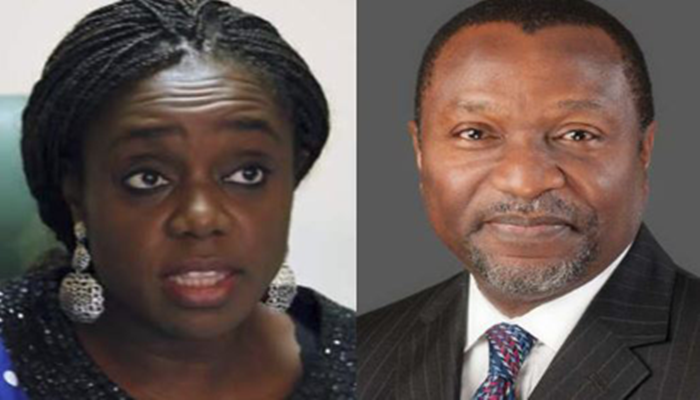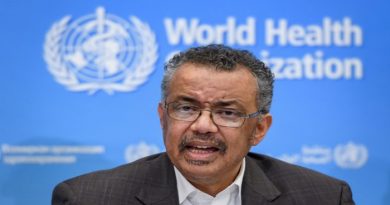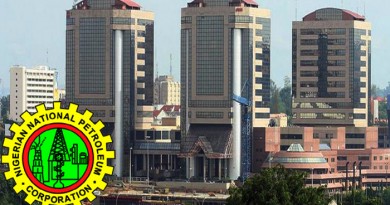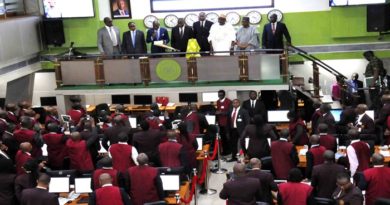FG has spent 79% of 2016 budget – Udoma
The Minister of Budget and National Planning, Senator Udoma Udo-Udoma has said that the Federal Government has spent 79 per cent, that is N3.577 trillion as at September 2016 out of the full year budget of N6.06 trillion in first three quarters of 2016.
He noted further that a total of N2.44 trillion has been released for capital expenditure, non-debt recurrent and service-wide vote expenditure at which a total of N1.138 trillion has been paid out in domestic and foreign debt service expenditures.
Speaking at the KMMG’s Chief Financial Officer (CFO) Breakfast seminar in Lagos on Monday, Udoma stated that FG has released a total amount of N753.6 billion for capital expenditure in 2016, the highest in the nation’s recent history, even in the era of high global oil prices.
According to him, “indeed, the capital releases to date exceed the aggregate capital expenditure budget for 2015 of about N700 billion, inclusive of capital expenditure in statutory transfers, despite fiscal challenges, Government is committed to meeting its debt obligations while funding critical sectors to enable government to function smoothly, as we continue to work out lasting solutions to the issue of revenue shortfalls.
“Government has adopted a targeted approach with respect to capital expenditure to ensure that budgetary releases are consistently made to those sectors whose activities have the capacity of driving economic growth and fostering job creation. Particular attention was focused on infrastructure, agricultural and other areas with high job creation potentials”.
He disclosed that the FG was committed to the Treasury Single Account that (TSA) which he said has helped to promote transparency and institute expenditure controls.
He noted that since liberalization of Premium Motor Spirit in May 12, 2016, its consumption dropped by about 30 per cent, resulting in a saving of $4.5 million a day from the elimination of false subsidy claims.
Udoma explained that Nigeria needs the revenues from oil to get out of oil dependence and determined to restore the health of the oil industry.
“With regards to oil production, we have intensified the use of dialogue to reduce the disruptions to oil production in the Niger Delta. We have also just negotiated a new arrangement with our joint venture partners which we are exiting cash calls, he stated.
He noted that the cash call would lead to enhanced and improved oil production and the minister of state, petroleum resources and it is expected to become operational by January 2017.
“We should be expecting investment of over $15 billion in the oil sector,” he said.




